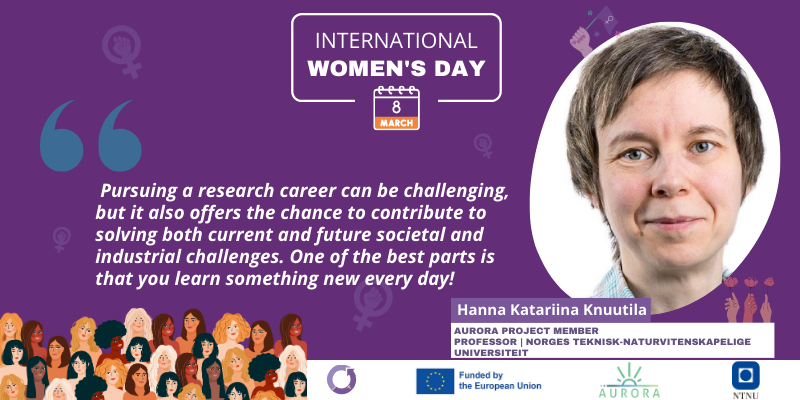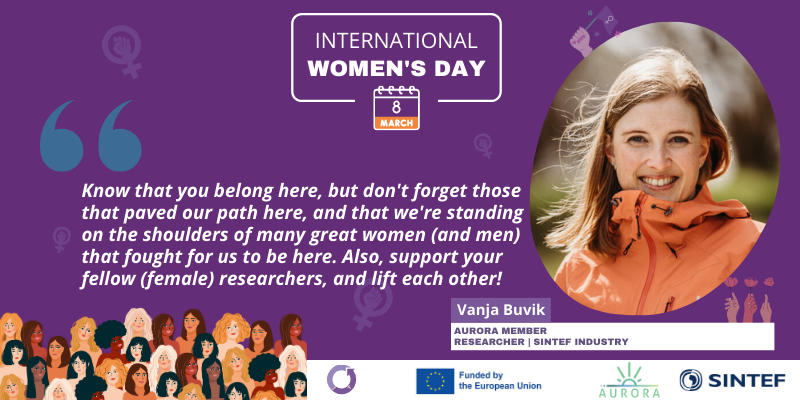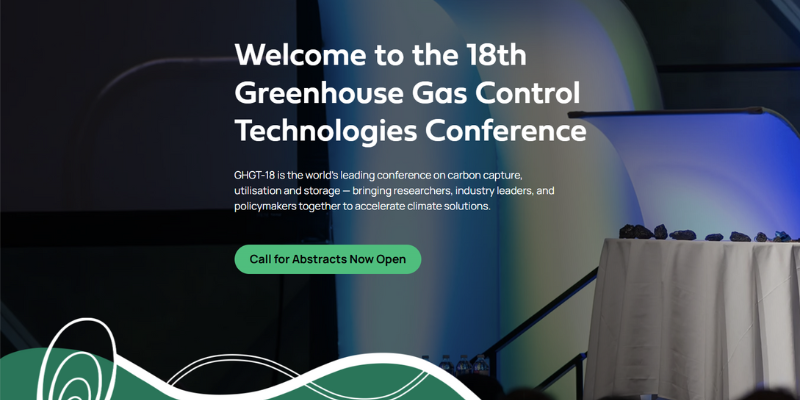The AURORA project is pleased to dedicate this article to our female researchers to promote their work and careers around the decarbonisation of CO2-intensive industries such as refining, cement, and materials recycling, as sectors where other alternatives towards climate neutrality do not exist yet.
As part of the AURORA project, we interviewed Ms Peipei Chen, Research Associate for Cambridge University.
Career and challenges
Q.: Ms Peipei Chen, can you tell us about your journey to becoming a researcher, the challenges you encountered along the way and the most important lesson you learned?
Ms Peipei Chen: I decided to become a researcher when I was an undergraduate. At that time, I realised that I had a strong interest in academia and wanted to reveal the truth underneath the data and massive amounts of information. In the process, I had many teachers and friends who inspired me with their enthusiasm and energy for research. I think it is a great career that keeps me happy and clear-headed. The biggest challenge for me is to shift the scope of my research to the global level, which requires me to have a broader understanding of global issues.
Role in the project
Q.: What do you do within the AURORA project? How have your studies and expertise enabled you to fulfil this role?
Ms Peipei Chen: In this project, I need to explore potential commercial, social and political barriers to and opportunities for scaling up both the two clusters and at the wider European level. I will carry out interviews, workshops, and public and stakeholder surveys to understand the political economy of industrial decarbonisation. In my previous studies, I actively explored the path of low-carbon development in the industrial sectors, like electricity generation, steel, and cement. Additionally, conducting interviews and workshops required proficient communication and organizational skills. This is also an ability I aim to further cultivate and enhance.
Europe
Q.: At European level, do you think the research sector has become more open to women? What could be done to achieve greater equality between men and women in this field?
Ms Peipei Chen: I think it is true. Among my classmates and colleagues, there are many excellent women. And I understand that the gender of the staff is taken into account in positions. For gender equality, Europe is leading. If we want to promote gender equality, I believe that on the one hand, the legal system needs to provide more friendly and comprehensive protection, such as taking care of childbirth, controlling the proportion of women in positions, etc.; on the other hand, it is necessary to strengthen the self-confidence of female researchers and encourage them to pursue their career development confidently.
As an expert in gas separation, what do you see as Europe’s biggest challenge in decarbonizing CO2-intensive industries?
Ms Peipei Chen: Early on, Europe was setting ambitious decarbonisation targets and was confident. But with the energy crisis, it seems difficult to balance development and green goals. Will the extreme cessation of fossil fuels trigger a new crisis? The energy transition must not seriously affect the lives of the general public, and I think this is the bottom line that should be observed. So I think more diverse technologies and safeguards need to be considered in the subsequent transition path. Electrification, hydrogen fuels, biofuels need to be developed and CCS technologies need to be deployed early.
Q.: Finally, what advice would you give to future generations of women who want to become researchers?
“Women have our own unique strengths in research. We are meticulous, hardworking and articulate. We need to recognise that our strengths are limitless and that we can achieve a lot. With our attention to detail and effective communication skills, we can contribute greatly to the field of research. It is important that we recognise and accept the value of our abilities because we know that they can lead to extraordinary achievements.”
Peipei Chen
Read interviews with other researchers:
Don’t miss the GHGT‑18 | The World’s Leading CCUS Conference
The AURORA project is proud to announce its participation in the upcoming 18th Greenhouse Gas Control Technologies Conference (GHGT‑18), taking place…

This project has received funding from the European Union’s HORIZON EUROPE research and innovation programme under grant agreement No 101096521.





